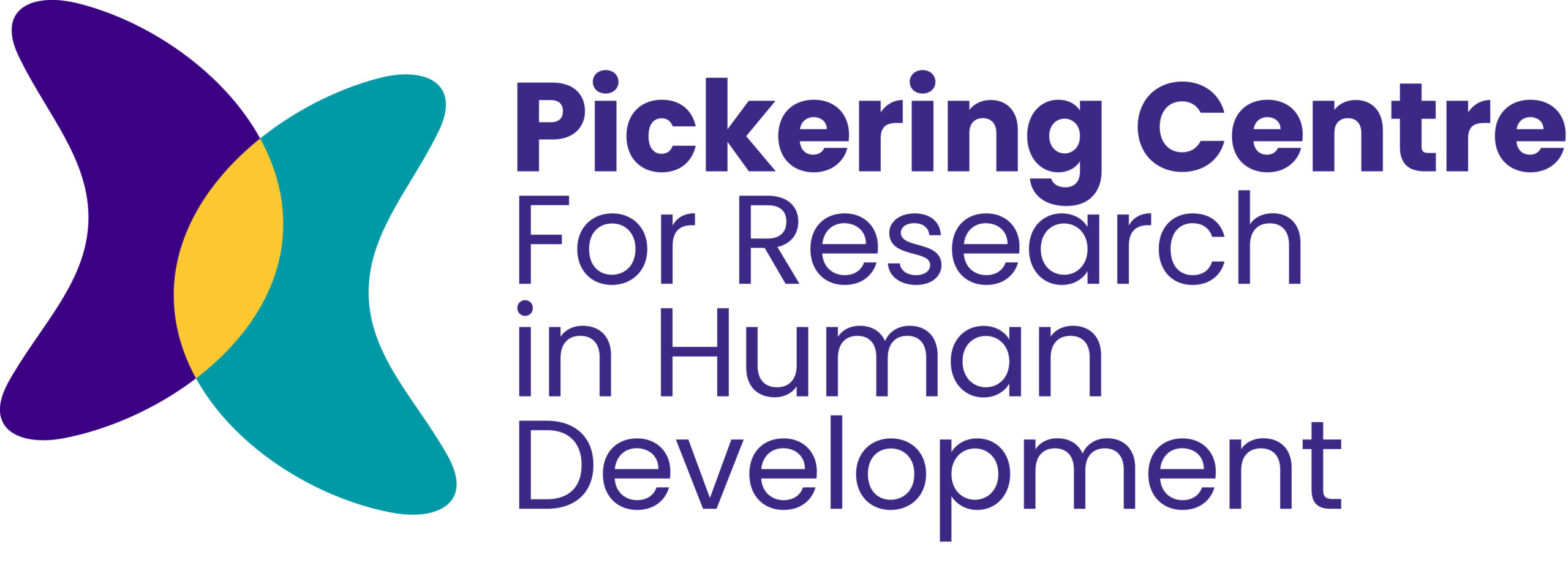Burke Neurological Institute and Weill Cornell Medicine
We are seeking a highly motivated Postdoctoral Research Fellow to join our interdisciplinary research team at Burke Neurological Institute and Weill Cornell Medicine. Our research focuses on how early-life experiences—including sensory, social, and caregiving environments—shape brain development and developmental outcomes in children born preterm. A central goal of this work is to develop and test early interventions that reduce the risk of developmental disabilities in this vulnerable population.
This position offers a unique opportunity to contribute to clinical and translational research with direct relevance to care practices in the neonatal intensive care unit (NICU). The fellow will play a key role in clinical studies that involve neuroimaging, developmental assessments, and electronic health record analysis, while gaining valuable experience in the design and execution of clinical trial research. The ideal candidate will have a strong background in developmental cognitive neuroscience, child development, or pediatric health, and an interest in improving neurocognitive and language outcomes in preterm infants.
For more details on our research, please visit our lab website. For application instructions, please take a look at the job posting.
Applications will be processed on a rolling basis; start date is flexible.
Closing Date:
Contact:
